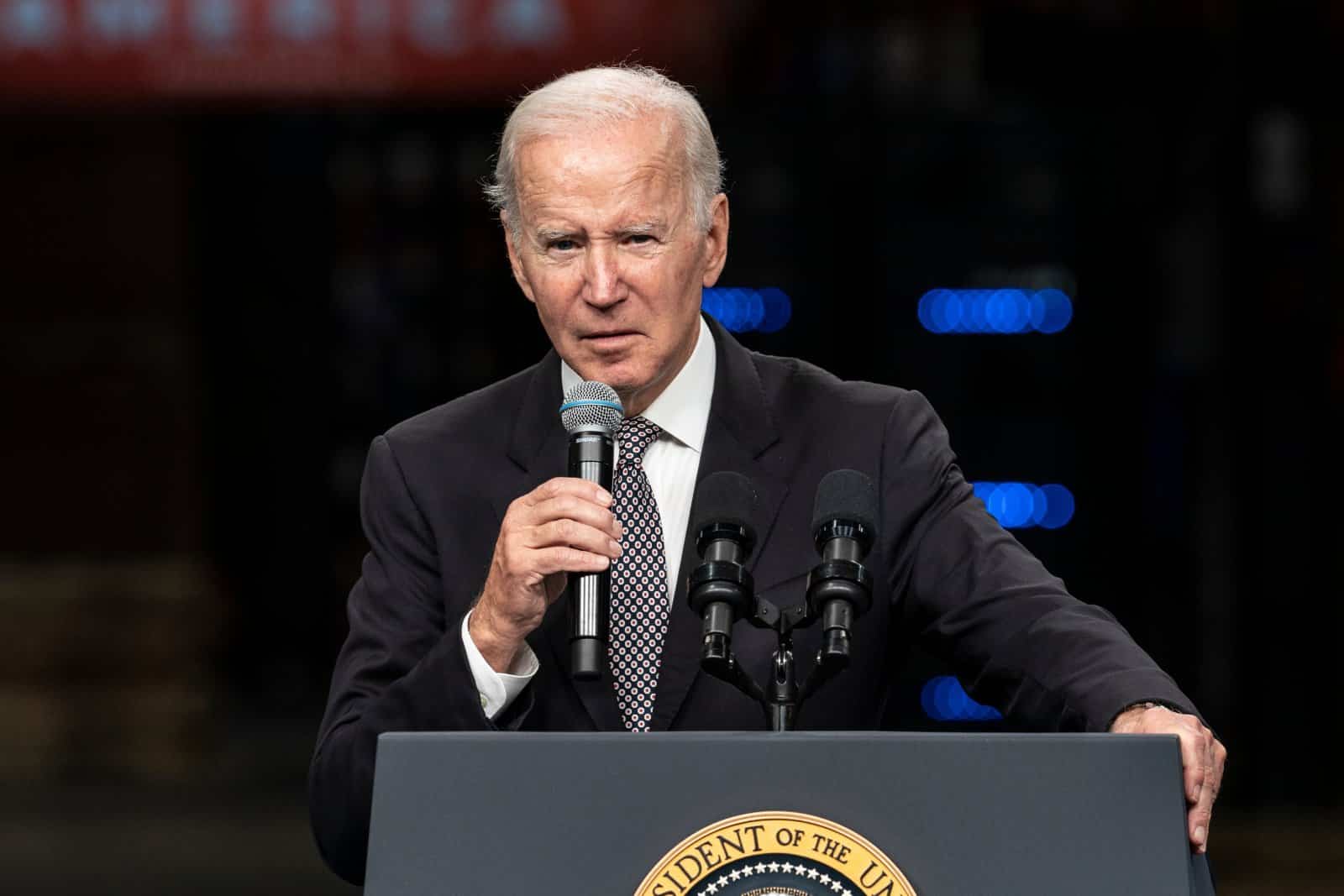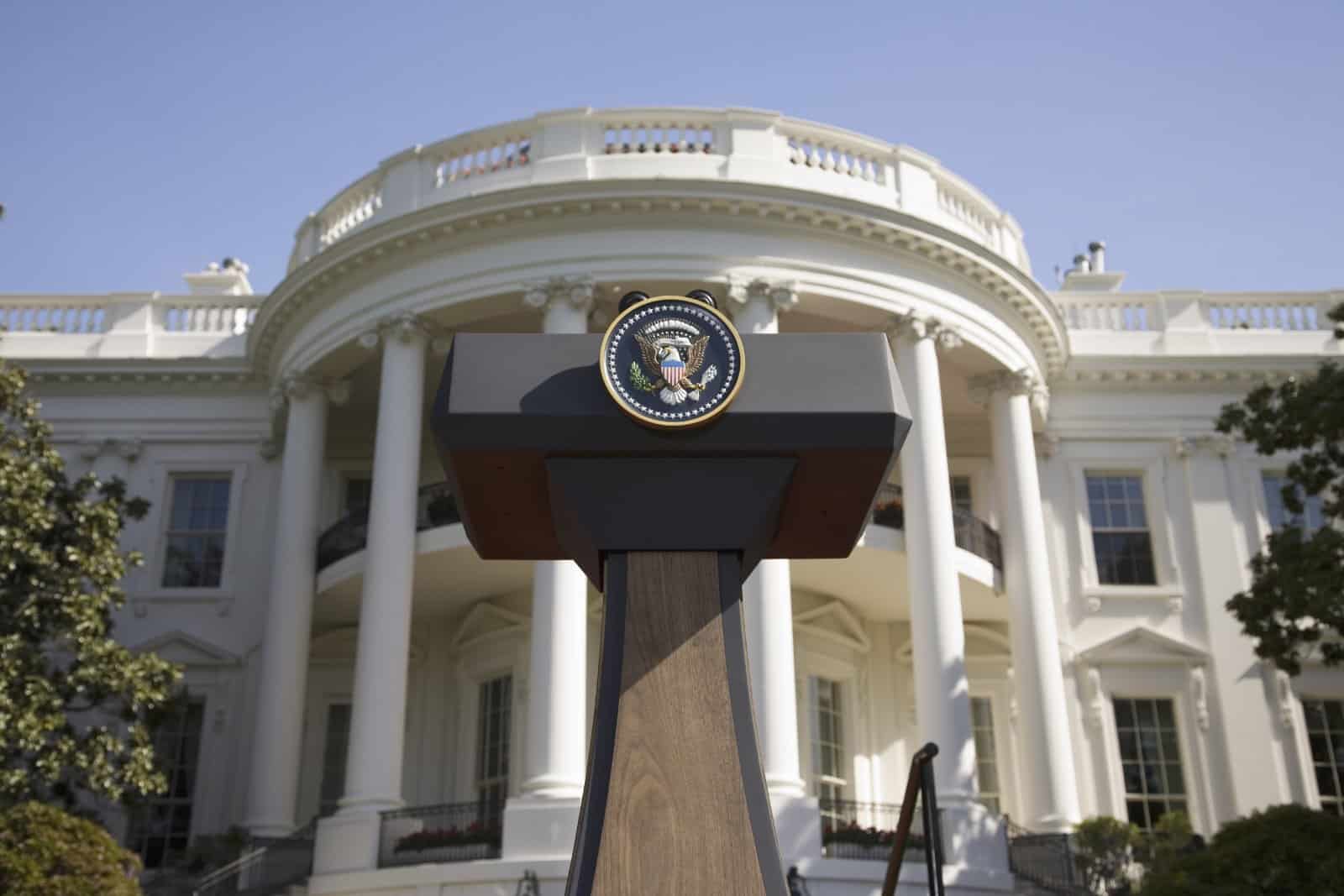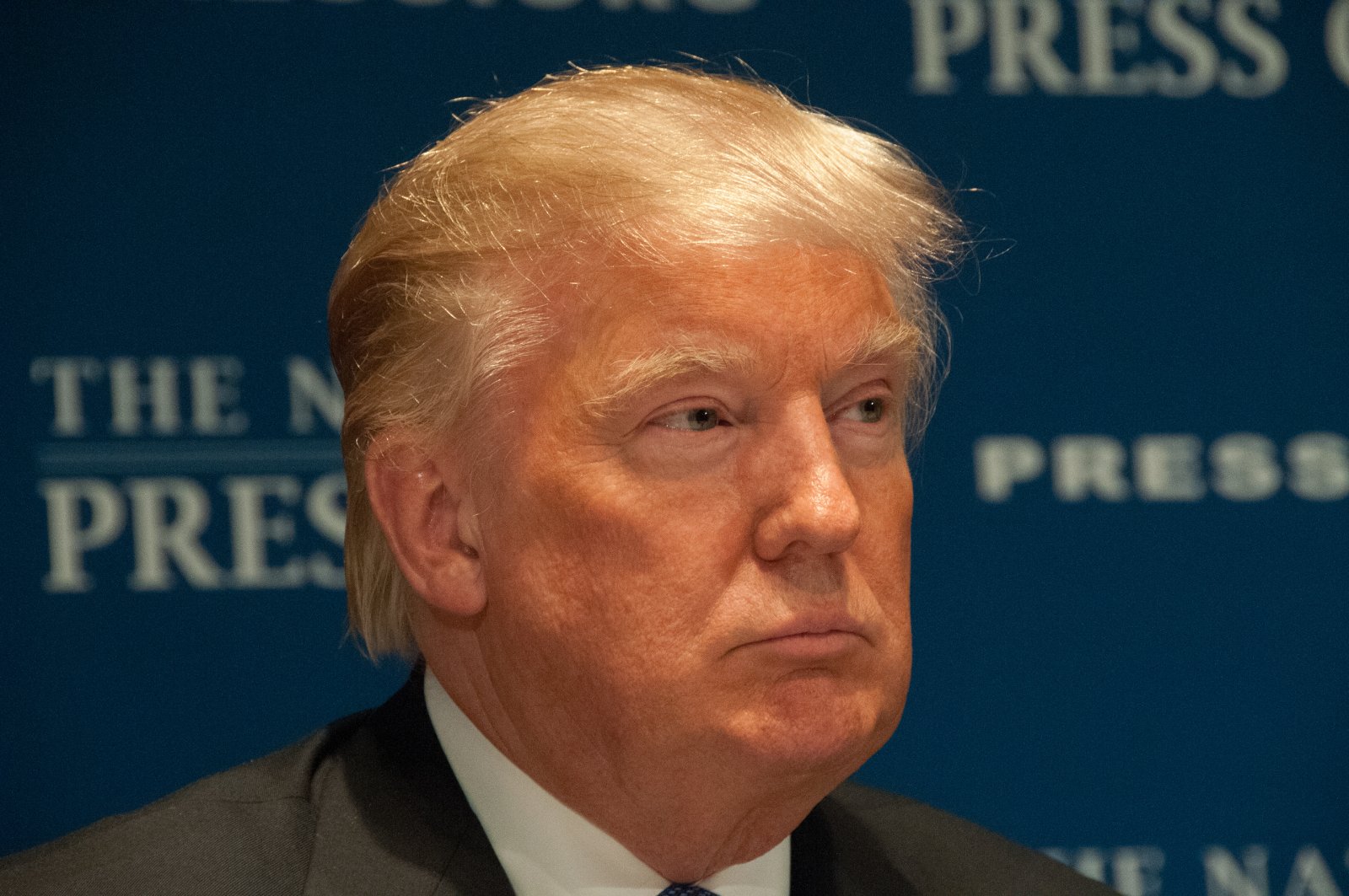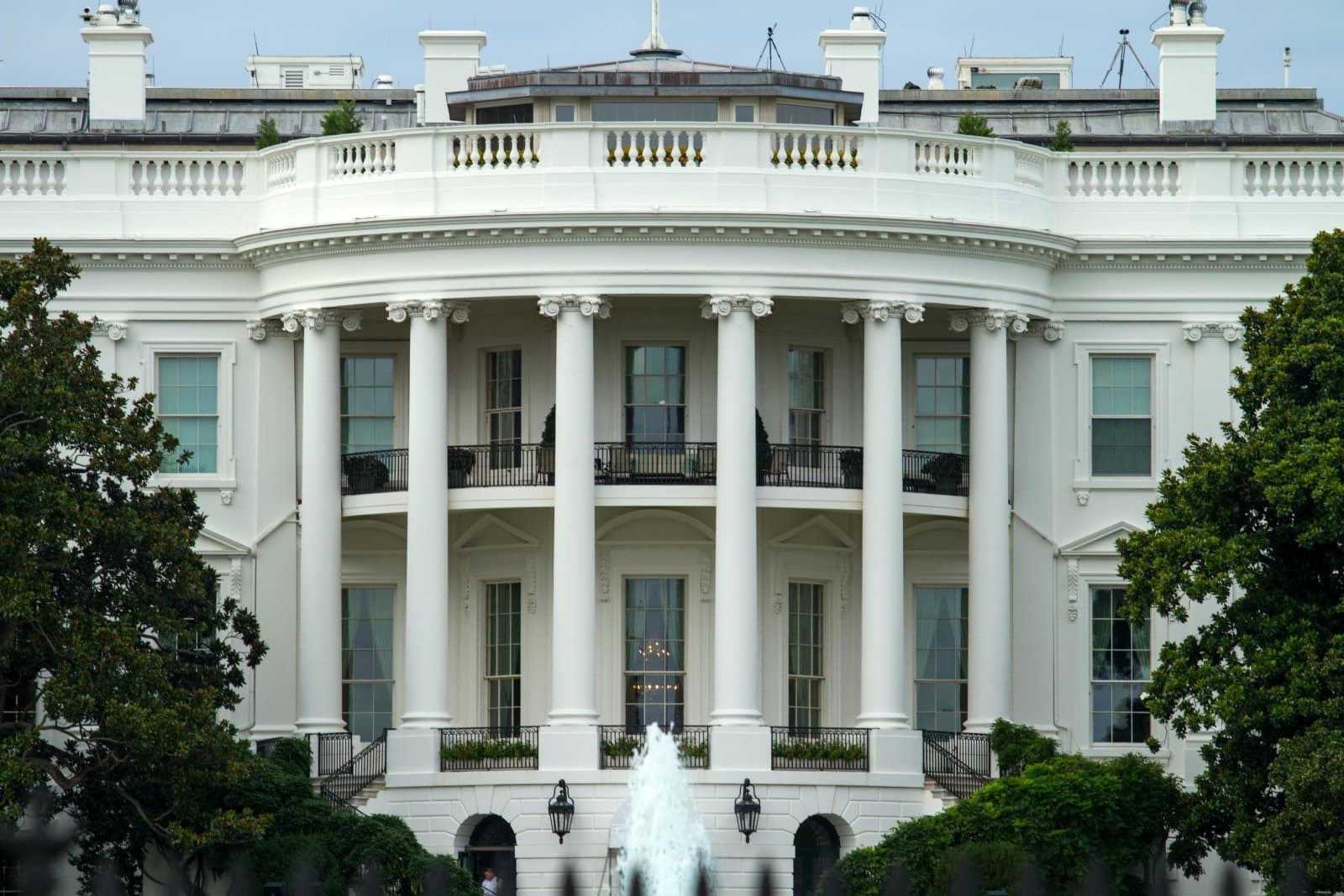Right now, there’s a major effort from both Democrats and Republicans to push through a significant military aid package for Ukraine and its allies. President Joe Biden and some leading Senate Republicans are spearheading this initiative, emphasizing the critical need for support as Ukraine faces off against Russian aggression.
House Faces a Crucial Decision

After the Senate gave the green light to a $95.34 billion aid package, overcoming some serious pushback from a few hardline Republicans, all eyes have turned to the House of Representatives.
Speaker Mike Johnson is now in the spotlight, tasked with deciding whether to let the House vote on this pivotal issue. With the Republicans holding a slim majority, it’s a moment of truth for them.
Biden and McConnell Make Their Case

In an unusual show of unity, President Biden and Senate Republican Mitch McConnell are throwing their weight behind the aid package.
Biden’s framing it as a clear choice: support the bill and stand up to Putin, or don’t and essentially give Putin what he wants. McConnell is echoing this sentiment, urging the House to take action.
It’s not every day you see these two aligning, signaling the urgency and importance of the situation.
Johnson’s Has Reservations

Despite the Senate’s nod, Speaker Johnson isn’t rushing to schedule a vote. His main hang-up? The bill doesn’t address immigration issues to his liking.
This hesitancy mirrors the broader GOP skepticism, still feeling the influence of Donald Trump’s opposition to the aid.
Recent House Challenges

The House has been in a bit of a bind lately, highlighted by a failed attempt to impeach Biden’s border official.
This episode is just one part of a larger narrative of struggles within the House, especially around how to handle foreign aid and maintain national security.
What’s in the Aid Package?

This isn’t just about Ukraine. The package also proposes funding for Israel and Taiwan and includes humanitarian aid for Palestinians.
It’s a strategic move to support U.S. allies facing threats, notably from Russia and China, underlining the importance of these global partnerships.
Budget Concerns Stir Debate

There’s a financial debate brewing, too. Figures like Representative Bob Good are questioning the wisdom of sending such a hefty sum overseas amid rising national debt.
This financial scrutiny highlights the tension between domestic fiscal responsibility and international obligations.
Ukraine’s Urgent Need

Ukraine is in a tough spot, facing Russian advances and a dire need for more weapons. This aid is seen as crucial for Ukraine’s defense and the broader aim of maintaining global stability.
Zelenskiy Shows Appreciation

Ukrainian President Zelenskiy has publicly thanked the U.S. Senate, stressing that American support is key to moving toward peace and ensuring security.
His gratitude underscores the wider implications of the aid, beyond the immediate military needs.
Trump’s Lasting Impact

Trump’s perspective, suggesting the aid should be a loan, continues to influence the GOP stance. His comments have sparked further debate about America’s approach to aiding allies and handling global conflicts.
Spending Overseas vs. Domestic Needs

The conversation around the aid package also touches on broader economic issues, including whether it’s prudent to allocate such significant funds abroad when there are pressing needs at home.
This discussion reflects ongoing concerns about prioritizing international assistance.
Looking Ahead

The decision by the House on this aid package will be a defining moment for U.S. foreign policy and its support for allies.
The bipartisan backing in the Senate sets a tone of unity, despite ongoing domestic political divides.
A Commitment to Global Stability

Passing the aid package would mark a significant commitment to global stability and security, reinforcing U.S. support for allies and opposition to aggressive acts by nations like Russia.
Balancing Act Between Fiscal and Strategic Goals

The debate around the aid package highlights the ongoing challenge of balancing fiscal responsibility with strategic needs.
It’s a complex negotiation, with significant implications for both domestic and international policy.
The House’s Next Steps

As the world watches, the House’s actions on this aid package will have far-reaching effects on U.S. foreign policy and its standing as a supporter of global allies.
It’s a crucial test of America’s resolve and values on the international stage.
The post The $95 Billion Aid Package Debate Intensifies: What’s the Outcome? first appeared on Swift Feed.
Featured Image Credit: Shutterstock / lev radin.
The content of this article is for informational purposes only and does not constitute or replace professional financial advice.

